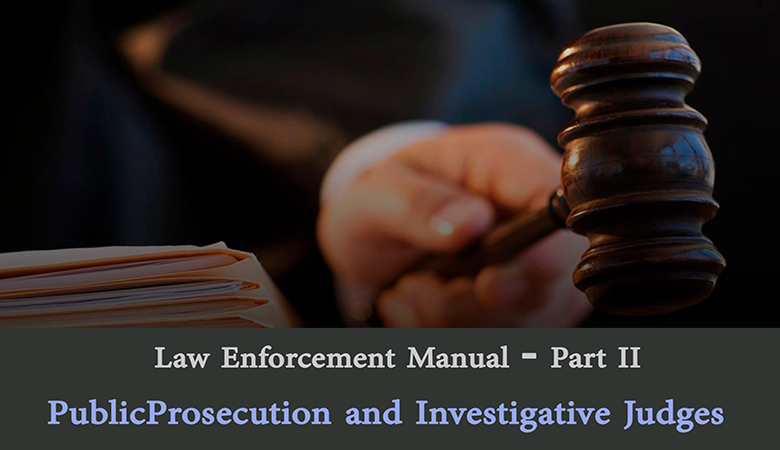The Egyptian Commission for Rights and Freedoms has released the second installment of the “Law Enforcement Guide,” dedicated to explaining the roles and responsibilities of Public Prosecutors and Investigating Judges.
This guide is part of ECRF’s broader campaign to promote awareness about criminal justice and legislative reform in Egypt.
The second part of the guide includes three main sections discussing the Public Prosecution’s role and jurisdiction, as well as the responsibilities of the Attorney General, Assistant Attorney General, Deputy Prosecutors, Prosecutorial Assistants, and other officials in this field.
It also examines the Public Prosecution’s authority in regulating the lists of terrorist entities and individuals, the legal implications of freezing assets, and related topics.
Additionally, the guide addresses the powers of the Public Prosecution in handling criminal cases, including the authority to investigate, search, and seize crime-related items, and to summon and question witnesses either individually or in confrontation with the accused.
The guide sheds light on travel bans, asset freeze orders, and the distinctions between them, as well as various forms of release, such as mandatory release, temporary release, and release on bail or personal recognizance, among other issues related to the prosecution’s operations.
Previously, the Egyptian Commission for Rights and Freedoms published the first part of the “Law Enforcement Guide,” focusing on police officers and judicial enforcement officers.
It is worth noting that ECRF has published several reports addressing legislative reform and criminal justice, including “Prisoner Rights in the Law Regulating Reform and Rehabilitation Centers.” These reports are seen as part of ongoing efforts to safeguard detainees’ dignity, protect them from torture and enforced disappearance, and ensure fair trials for all citizens.

